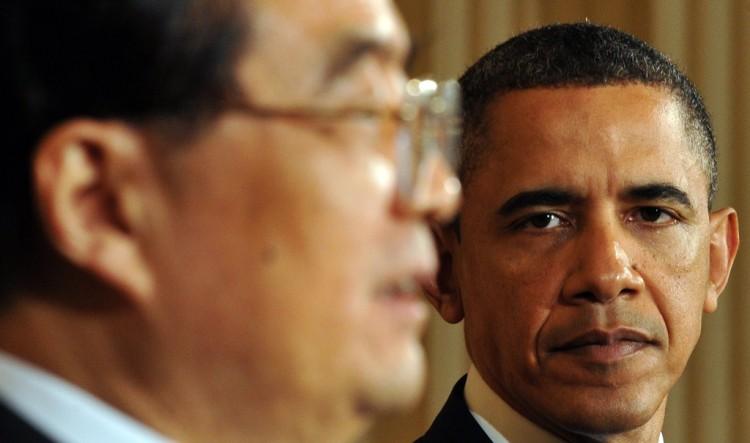Two months ago, Google announced it would no longer cooperate with Beijing’s censorship and was debating a possible withdrawal from China’s market. Since then, the world’s eyes have been watching the direction Google takes in China. Now, Beijing has hinted that Google should adapt to the Chinese environment.
Though Google announced in January that the company would no longer comply with China’s censorship policy, Beijing made no official response until March 6, when Miao Wei, a vice-minister with the Ministry of Industry and Information Technology (MIIT), stated that MIIT has received neither a letter of negotiation nor any direct contact from Google, according to a report on the state-run Xinhua news agency.
Responding to the alleged hacking of Google, Miao Wei said that the Lan Xiang Technical School, whose IP address was implicated in the hacking, is a culinary training center and not an internet technologies school.
Miao Wei’s statement contradicted a Feb. 18 report by The New York Times. The NYT report said Lan Xiang, a vocational school in Shandong Province, was established with the support of the Chinese military and has trained military computer scientists. A Chinese company affiliated with Baidu, Google’s top Chinese competitor, operates the school’s computer network.
On March 5, at the annual “two sessions” of China’s Congress and Chinese People’s Political Consultative Conference (CPPCC) in Beijing, Li Yizhong, another vice minister of MIIT told reporters that “Google should abide by Chinese laws if it wants to continue its business in China,” and “Our attitude is very clear, and now it depends on the attitude of Google.”
Li also said MIIT has the rights to revoke the Google.cn license, and has a way to block Google.com in China, according to The Wall Street Journal (Chinese version).
Google Urged to “Evolve”
At the same day in a press conference, Zhao Qizheng, spokesman for the Third Session of the Eleventh CPPCC, implied that Google should continue its previous policy of self-censorship. He said that “Darwin’s theory of evolution teaches us that what is first and foremost in the evolution of species is adaptation to the environment, not the environment adapting to species,” according to an Oriental Post report.
As a result, “there will be no major changes of Beijing’s policy in terms of freedom of speech on the web. The current situation appears tight. We do not see Beijing has made any serious determination to allow Chinese internet users to enjoy real network freedom,” said Professor Joseph Y.S. Cheng of the Department of Political Science in City University of Hong Kong, in an interview with Radio Free Asia.
Although the two sides have not made any compromise, analysts believe it seems that Google will not completely withdraw from the Chinese market, but may cancel its search engine business in China as long as Beijing continues its strict censorship.



